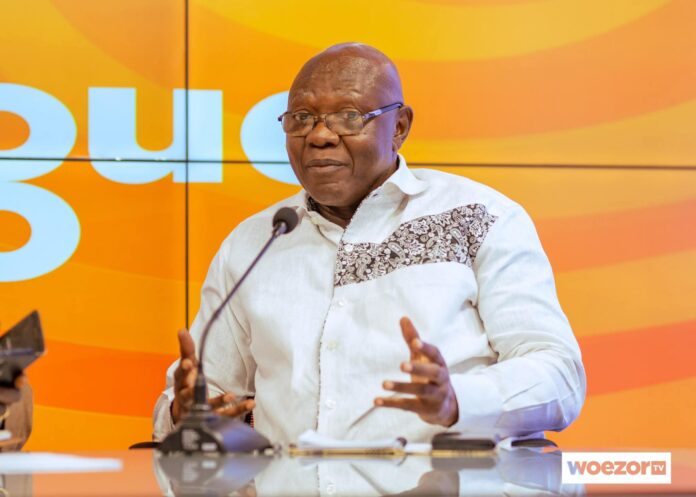As Ghana embarks on a national reset agenda, one of the most pressing challenges threatening progress is the deepening grip of identity politics.
When political actors exploit ethnicity, religion, or socioeconomic status for personal or partisan gain, the consequences can be severe. History has shown that identity-based politics erodes national unity, disrupts governance, and often leads to conflict.
A Surge in Divisive Rhetoric
In recent times, Ghana’s media landscape has witnessed a troubling rise in ethnocentric rhetoric. Hate speech, ethnic insults, and deliberate stereotyping have polluted public discourse, turning political debate into tribal confrontations. Rather than fostering healthy and constructive dialogue, many media platforms now serve as echo chambers for tribal sentiment, replacing fact-based discussions with inflammatory propaganda.
A Threat to National Renewal
Identity politics poses a significant threat to Ghana’s aspirations for inclusive development. Politicians who promote the interests of narrow identity groups—often driven by monetary incentives or political favour—jeopardize national cohesion. Increasingly, public opinions are judged not by their substance but by the ethnic or political identity of the speaker.
This trend encourages insults, division, and hate speech, deepening societal fault lines and undermining the very foundation of democratic dialogue.
The Media’s Role
Media personalities, some of whom wield substantial influence, have become central to this growing problem. Rather than promoting peace and informed discussion, some exploit their platforms to sensationalize division and propagate ethnic biases. Such behaviour distorts public debate and puts the nation’s peace and stability at risk.
Institutional Responsibility
Ghana’s key democratic institutions must act urgently and decisively. The National Media Commission, National Peace Council, National Commission for Civic Education (NCCE), and the Council of State have both constitutional and moral responsibilities to:
-
Educate the public on the dangers of identity politics
-
Monitor and expose hate speech and divisive rhetoric
-
Sanction media and political actors who incite division
-
Promote civic responsibility, unity, and informed discourse
Failure to act decisively today could cost the nation dearly tomorrow.
Global Lessons on Identity Politics
Ghana must not ignore the tragedies that have resulted from unchecked identity politics elsewhere:
-
Rwanda (1994): Politically-driven ethnic divisions led to the genocide of over 800,000 people.
-
Yugoslavia (1991–2001): Ethnic manipulation sparked wars, displacing millions and devastating communities.
-
Kenya (2007–2008): Ethnic polarization following elections resulted in the deaths of over 1,000 people and widespread displacement.
-
Nigeria (ongoing): Ethno-religious divisions have fueled Boko Haram’s insurgency and humanitarian crises.
These examples serve as stark warnings of what can happen when divisive politics go unchecked.
The Cost of Division
The consequences of identity politics are far-reaching:
-
Violent Conflicts: Escalating polarization can lead to clashes and civil unrest.
-
Humanitarian Crises: Conflict leads to hunger, displacement, trauma, and disease.
-
Economic Instability: Divisive politics disrupt markets, deter investment, and undermine national growth.
Charting a New Path for Ghana
Ghana’s reset agenda must prioritize:
-
Inclusive Governance: Ensuring equal representation and opportunities for all citizens, irrespective of background.
-
National Unity: Promoting shared values, fostering a common national identity, and reinforcing citizenship.
-
Evidence-Based Policy Making: Grounding development strategies in research and real-world data.
-
Responsible Media Engagement: Upholding professional journalism and ethical commentary to promote peace and truth.
Conclusion
Ghana must rise above identity-based divisions and embrace a shared vision rooted in unity, equity, and purpose-driven leadership. Political actors and the media must reflect the values of integrity and inclusion, not tribal allegiance. The time to act is now—resetting Ghana demands a collective commitment to nation-building beyond identity lines.
– Akwasi Opong-Fosu
Governance and Public Policy Analyst and Former Minister of State



